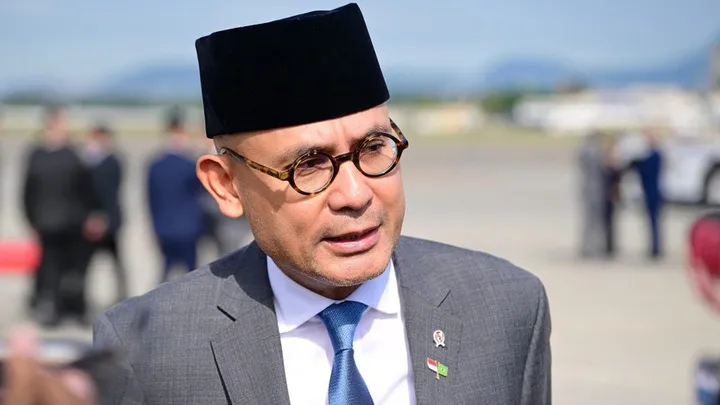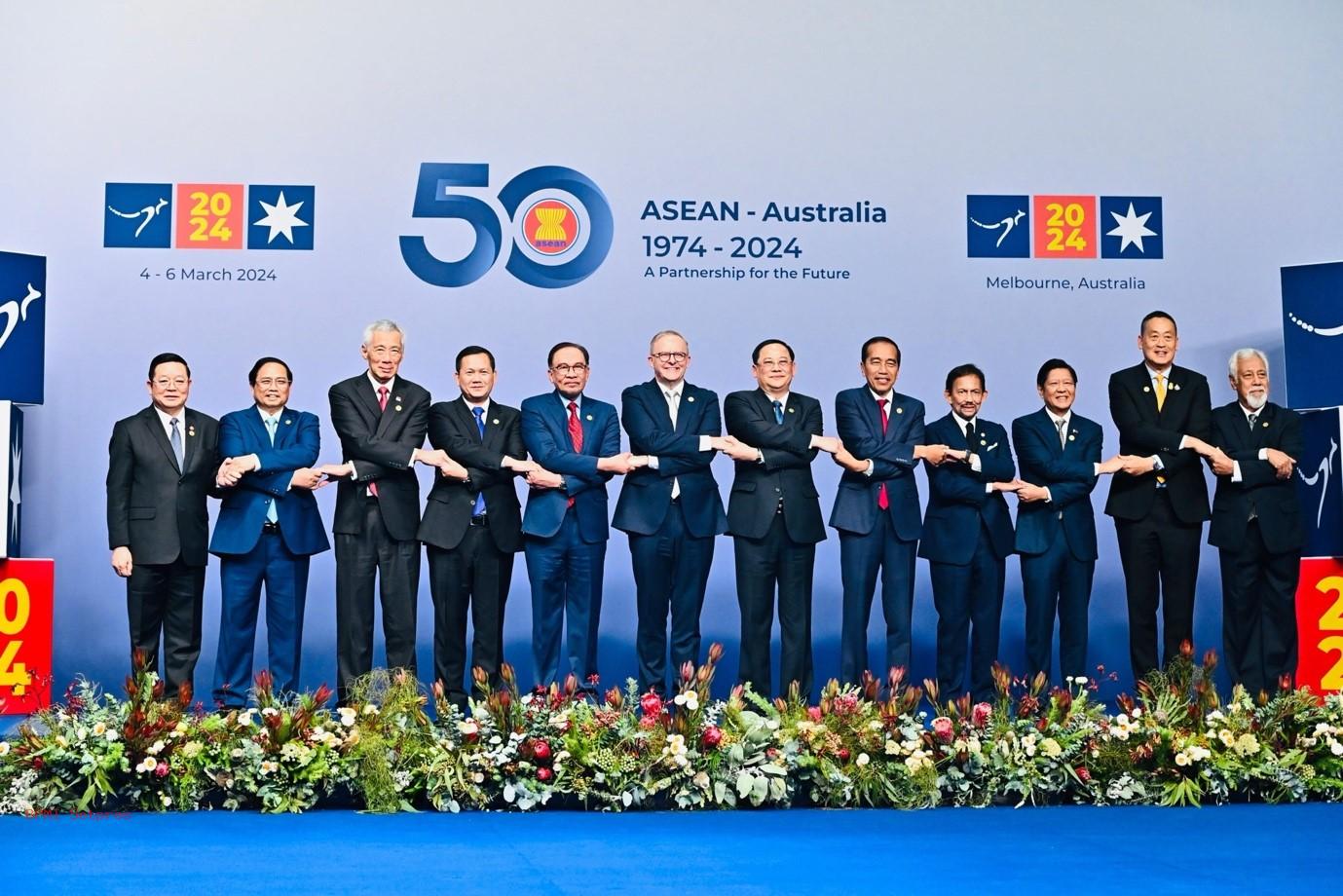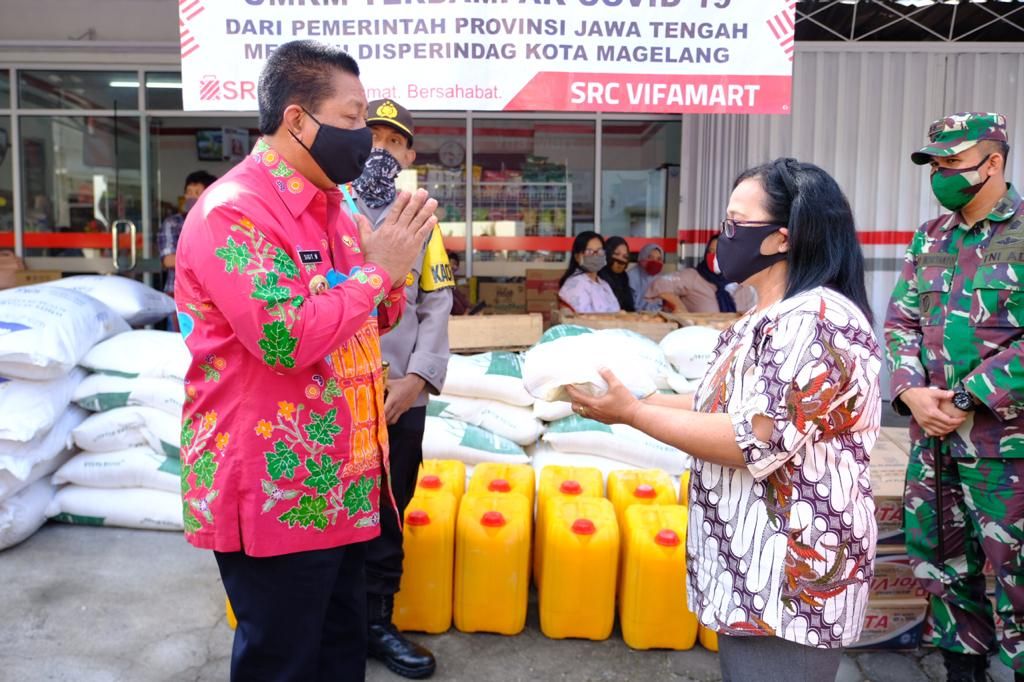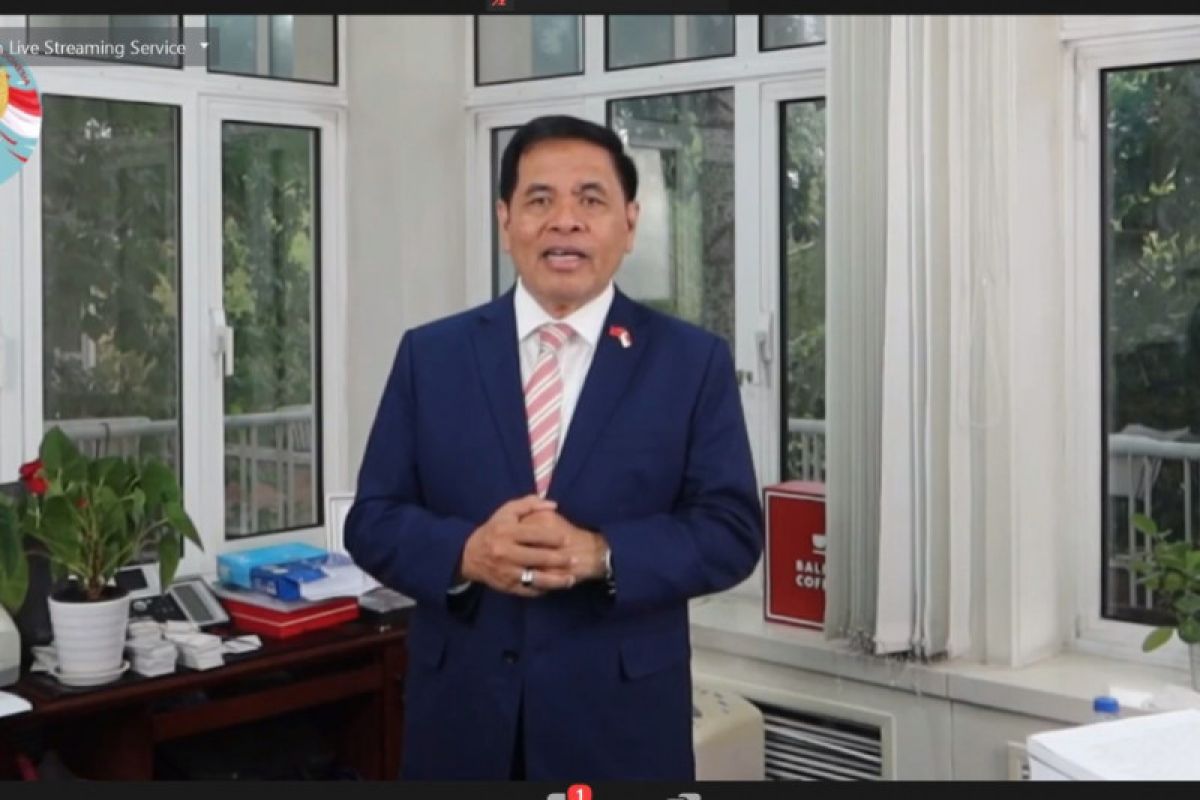Policy Implementation: Realizing the Vision of Indonesia National Unity
JAKARTA, turkeconom.com – Policy implementation is a crucial process in the governance of any nation, especially in a diverse country like Indonesia, where unity amidst diversity is a core principle. With over 17,000 islands and hundreds of ethnic groups, Indonesia faces unique challenges in fostering national unity. This article examines the importance of effective policy implementation in realizing Indonesia’s vision of national unity, highlighting strategies, challenges, and successful case studies.
The Importance of Policy Implementation in Indonesia

Bridging Ethnic and Cultural Divides
Indonesia’s rich tapestry of cultures and ethnicities presents both opportunities and challenges. Effective policy implementation is essential for bridging divides and fostering a sense of belonging among all citizens. Policies aimed at promoting inclusivity can help mitigate tensions and encourage collaboration among different communities.
Building Trust in Governance
Transparent and effective policy implementation fosters trust in government institutions. When citizens see policies that address their needs and promote equality, they are more likely to engage with the government and support its initiatives. This trust is vital for national unity, as it encourages civic participation and collective action.
Promoting Social Cohesion
Policies that effectively address social issues, such as poverty, education, and healthcare, contribute to social cohesion. By ensuring that all citizens have access to essential services and opportunities, the government can create a more equitable society that values diversity and promotes unity.
Real-Life Stories of Successful Policy Implementation
1. The National Program for Community Empowerment (PNPM)
The PNPM was launched to empower communities and reduce poverty through participatory development. By involving local communities in decision-making and resource allocation, the program has successfully fostered a sense of ownership and responsibility.
Lessons Learned:
- Community Involvement: Engaging local communities in the implementation process ensures that policies are relevant and effective.
- Decentralization: Empowering local governments can lead to more tailored solutions that address specific community needs.
2. The Unity in Diversity Program
Indonesia’s “Bhinneka Tunggal Ika” (Unity in Diversity) philosophy is reflected in various government initiatives aimed at promoting national unity. The Unity in Diversity program focuses on cultural exchange, education, and interfaith dialogue to foster mutual respect and understanding among different ethnic and religious groups.
Lessons Learned:
- Cultural Exchange: Promoting cultural awareness and appreciation can strengthen social ties and reduce prejudice.
- Interfaith Dialogue: Encouraging discussions among different religious groups can enhance tolerance and cooperation.
3. The Education Sector Reforms
Education plays a vital role in promoting national unity. Indonesia has implemented various policies aimed at improving access to quality education for all, regardless of background. Programs that promote multicultural education and the inclusion of local languages in the curriculum have been particularly effective in fostering a sense of national identity.
Lessons Learned:
- Inclusive Curriculum: An education system that reflects the country’s diversity can help students appreciate different cultures and foster unity.
- Access to Education: Ensuring that all children have access to quality education is essential for building a cohesive society.
Challenges in Policy Implementation
1. Regional Disparities
Indonesia’s vast geography leads to significant regional disparities in resources and development. Policymakers must address these inequalities to ensure that all communities benefit from national policies aimed at unity.
2. Political Fragmentation
Political fragmentation can hinder effective policy implementation. Diverse political interests may lead to inconsistencies in policy execution, making it challenging to achieve national unity.
3. Resistance to Change
Some communities may resist changes brought about by new policies, particularly if they perceive them as threatening to their cultural identity or local practices. Overcoming this resistance requires effective communication and engagement strategies.
Strategies for Effective Policy Implementation
1. Stakeholder Engagement
Engaging various stakeholders, including local communities, civil society organizations, and private sector actors, is essential for successful policy implementation. Collaborative approaches can help ensure that policies are relevant and widely supported.
2. Capacity Building
Investing in the capacity of local governments and organizations is crucial for effective policy implementation. Training and resources should be provided to equip stakeholders with the necessary skills to execute policies effectively.
3. Monitoring and Evaluation
Establishing robust monitoring and evaluation frameworks allows policymakers to assess the impact of their initiatives. Regular feedback and adjustments based on evaluation findings can enhance the effectiveness of policies aimed at fostering national unity.
4. Communication and Awareness Campaigns
Effective communication is key to garnering public support for policies. Awareness campaigns that educate citizens about the benefits of national unity and the importance of inclusivity can help build a shared vision among diverse communities.
Conclusion
Policy implementation is a vital component in realizing Indonesia’s vision of national unity. Through successful case studies and lessons learned, it is evident that effective implementation can bridge cultural divides, build trust in governance, and promote social cohesion. While challenges exist, adopting strategies such as stakeholder engagement, capacity building, and robust monitoring can enhance the success of policies aimed at fostering unity. As Indonesia continues to navigate its diverse landscape, prioritizing effective policy implementation will be essential for creating a more inclusive and harmonious society.
Sharpen Your Skills: Delve into Our Expertise on Politic
Check Out Our Latest Piece on Political Ideology!











